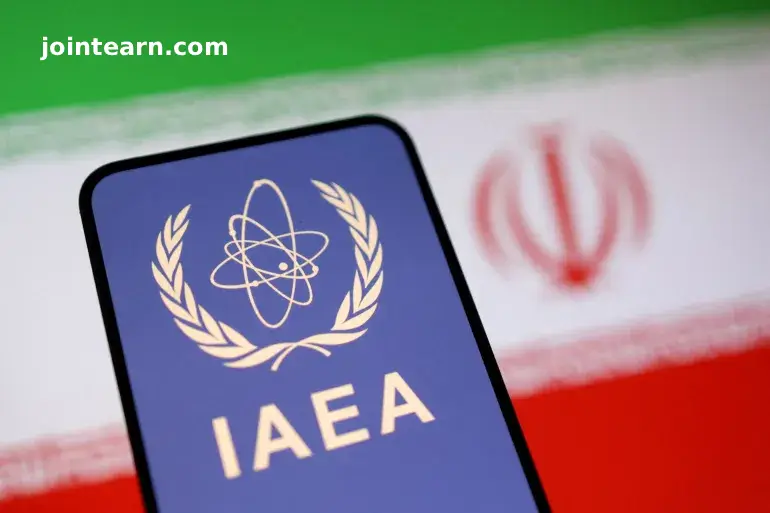
The International Atomic Energy Agency (IAEA) has passed a resolution calling on Iran to provide access and information regarding its nuclear program, in accordance with UN resolutions. The move comes amid heightened tensions following attacks on Iranian nuclear sites by Israel and the United States in June, which sparked a 12-day conflict resulting in over 1,000 casualties and extensive infrastructural damage.
The resolution, adopted on Thursday, underscores the IAEA’s insistence on full transparency and verification of Iran’s nuclear facilities, including sites targeted in the June strikes.
Details of the Resolution
According to the draft text obtained by Reuters, the resolution mandates that:
“Iran must … provide the Agency without delay with precise information on nuclear material accountancy and safeguarded nuclear facilities in Iran, and grant the Agency all access it requires to verify this information.”
The resolution passed with 19 votes in favor, three against, and 12 abstentions. Russia, China, and Niger voted against it.
Following the vote, Iran’s ambassador to the IAEA, Reza Najafi, warned that the resolution “will have its own consequences,” though he did not specify what those consequences might be.
IAEA Calls for Inspections at Key Sites
IAEA Director General Rafael Grossi emphasized the need for access to the nuclear sites affected by the Israeli and U.S. attacks. “We have performed a number of inspections, but we have not been able to go to the attack sites. I hope we will be able. Indeed, we have to go because this is part of Iran’s commitments,” Grossi said.
However, Iranian Foreign Minister Abbas Araghchi rejected any cooperation concerning the attacked sites, stating on Telegram that:
“We only cooperate regarding nuclear facilities that have not been affected, in compliance with IAEA regulations.”
Background: Tensions Between Iran and the IAEA
Relations between Iran and the IAEA have been strained for years, further intensified by the June 2025 conflict. Since the attacks, IAEA inspectors have not been allowed to access key sites such as Fordo and Natanz, although other nuclear facilities remain open for inspection.
Earlier agreements, including one reached in Cairo in September between Grossi and Araghchi, aimed to resume inspections. Yet, the deal lost momentum after the United Kingdom, France, and Germany triggered the UN sanctions snapback, citing Iran’s alleged violations of the 2015 nuclear deal (JCPOA). Tehran rejected these claims and halted the implementation of the Cairo agreement.
The snapback reinstated six UN Security Council resolutions covering Iran’s nuclear and ballistic missile programs, reinstated economic sanctions, and imposed restrictions, including halting uranium enrichment.
U.S. Engagement and Diplomatic Prospects
Despite these developments, U.S. President Donald Trump claimed on Tuesday that Iran seeks a diplomatic resolution with Washington. Trump emphasized his openness to negotiations aimed at dismantling Iran’s nuclear program, acknowledging that a deal could have been reached before the June conflict.
The tensions reflect the broader challenges of ensuring compliance with international nuclear agreements while navigating regional conflicts and geopolitical rivalries.


Leave a Reply